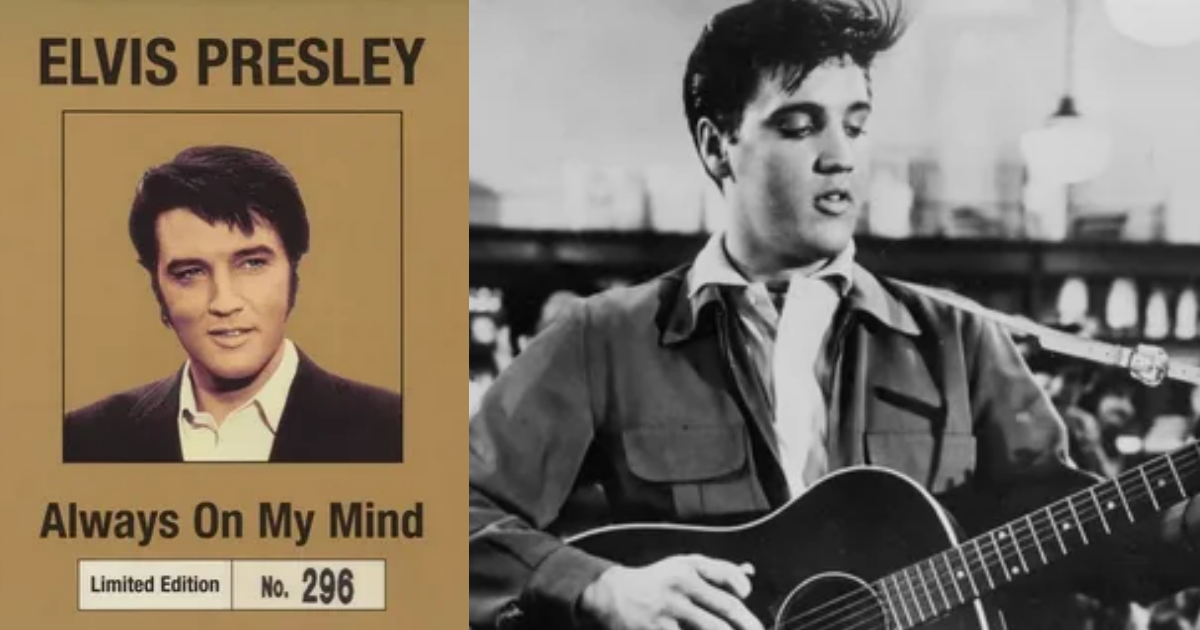"King of the Whole Wide World" by Elvis Presley is a vibrant and upbeat song that was released in 1962 as part of the soundtrack for the film "Kid Galahad" in which Elvis starred. The song was written by Bob Roberts and Ruth Batchelor, and its lively tempo and confident lyrics are characteristic of many of Presley's movie-related tracks from the early 1960s.

Circumstances of Creation
The early 1960s marked a period in Elvis Presley's career when he was heavily involved in Hollywood, starring in numerous films that often featured soundtracks with his songs. "King of the Whole Wide World" was specifically crafted for "Kid Galahad," a film about a young boxer. The song aligns with the movie's themes of ambition, success, and personal growth, mirroring the protagonist's journey and struggles.
During this time, Elvis's music was transitioning from the rock and roll fervor of the 1950s to more diverse sounds that included elements of pop, gospel, and ballads, reflecting the broader range of his movie roles and the commercial demands of film soundtracks. This song is a reflection of that era's typical studio-driven music production, aimed at promoting the movie and leveraging Elvis's popularity.
ELVIS PRESLEY - King of the Whole Wide World / Kid Galahad 1962 (New Edit) 4K
Meaning and Lyrics Analysis
The lyrics of "King of the Whole Wide World" are imbued with themes of aspiration and confidence. The opening lines, "A poor man wants the oyster, A rich man wants the pearl, But the man who can sing when he hasn’t got a thing, He’s the king of the whole wide world," suggest that true wealth and success come from internal satisfaction and happiness, rather than material gains.
The song's chorus reinforces this notion of self-fulfillment and joy being akin to ruling the world. It resonates with the film's storyline where the main character finds greater value in his personal growth and the love he finds than merely the superficial gains of his boxing career.
Cultural Impact
"King of the Whole Wide World" contributes to the larger Elvis Presley legend by showcasing his ability to infuse energy and charisma into his performances, both on screen and through his music. While not as critically acclaimed as some of his earlier hits, the song is remembered for its catchy tune and optimistic message. It reflects the spirit of an era where Elvis was not just a musician but a symbol of youthful exuberance and the American dream.
Overall, the song captures a joyful, almost carefree attitude that is both uplifting and emblematic of Elvis's enduring appeal as a cultural icon. It emphasizes that personal happiness and self-expression are the true measures of success, a message that resonates with fans even today.
